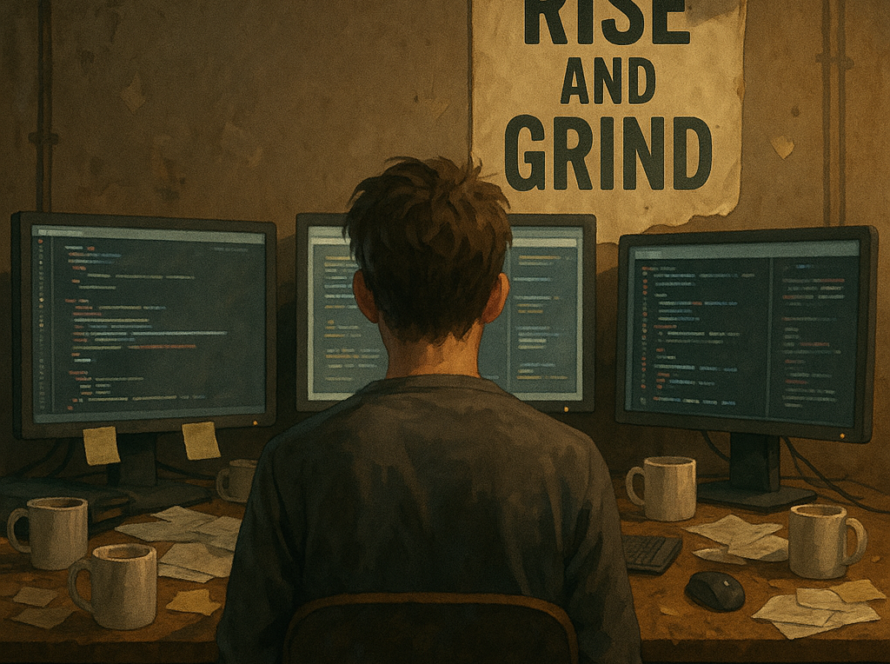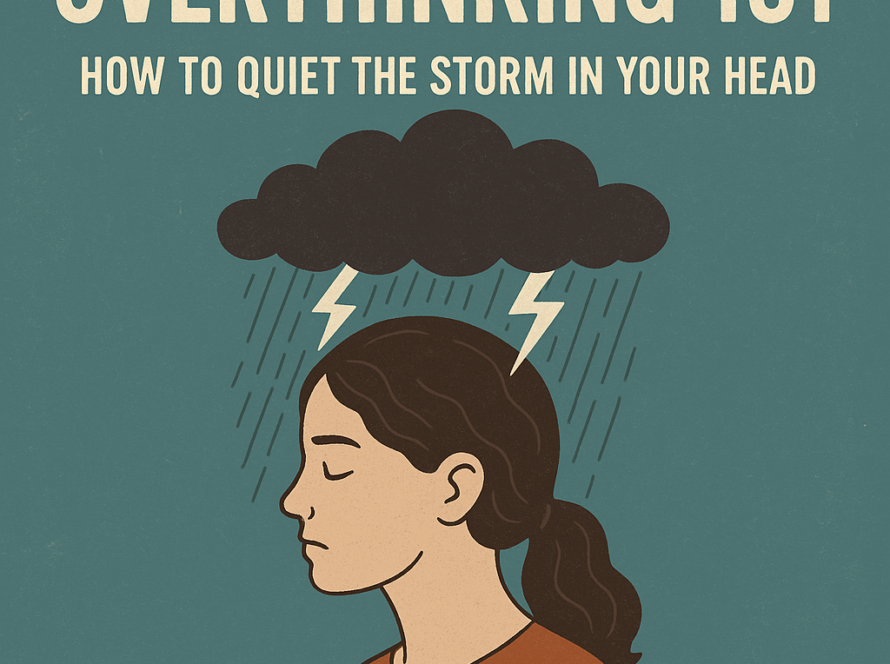Mental health professionals dedicate their lives to helping others—but who helps them? Between heavy caseloads, emotional exhaustion, and the pressure to “always be strong,” burnout is a silent epidemic in this field. If you’re feeling drained, irritable, or disconnected from your work, you’re not alone. Let’s talk about preventing burnout and reclaiming your passion for healing.
What Does Burnout Look Like for Mental Health Professionals?
Burnout isn’t just “being tired.” It’s a state of chronic physical and emotional exhaustion caused by prolonged stress. Common signs include:
- Emotional fatigue: Feeling drained even after rest.
- Cynicism: Losing empathy or doubting your impact.
- Reduced performance: Struggling to focus or meet deadlines.
- Physical symptoms: Headaches, insomnia, or frequent illness.
Example: A therapist might feel guilty for dreading client sessions they once found meaningful.
How to Prevent Burnout Before It Hits
1. Set Boundaries (Yes, Even with Clients)
- Block time between sessions to breathe and reset.
- Learn to say “no” to extra caseloads if you’re overwhelmed.
- Turn off work notifications after hours.
2. Build a Self-Care Routine That Actually Works
- Physical: Exercise, sleep 7-8 hours, eat nourishing meals.
- Emotional: Journal, talk to a peer, or watch a funny show.
- Professional: Attend supervision or join a support group.
3. Practice What You Preach
Use the same mindfulness or grounding techniques you teach clients. Even 5 minutes of meditation daily can lower stress hormones.
Recovering from Burnout: It’s Possible (Here’s How)
If you’re already burned out, recovery starts with self-compassion.
Step 1: Pause and Reflect
Take a sick day or vacation to assess your needs. Ask yourself:
- What parts of my job drain me the most?
- What small changes could make work sustainable?
Step 2: Seek Support
- Talk to a trusted colleague or mentor.
- Consider therapy—therapists need therapists too!
Step 3: Rebuild Slowly
- Return to work with adjusted hours or reduced caseloads.
- Prioritize tasks that reignite your purpose (e.g., group therapy vs. admin work).
Why Institutions Need to Step Up
Burnout isn’t just an individual problem—it’s a systemic one. Organizations can help by:
- Offering flexible schedules or remote work options.
- Providing access to free counseling for staff.
- Normalizing mental health days without stigma.
Final Thoughts: You Can’t Pour from an Empty Cup
Preventing burnout isn’t selfish—it’s essential. By prioritizing your well-being, you’ll show up stronger for your clients and sustain a fulfilling career.
Need more support? Reach out to us at +91-9310885868 – we’re here for you.
What’s one small step you’ll take this week to protect your mental health? Share below!



